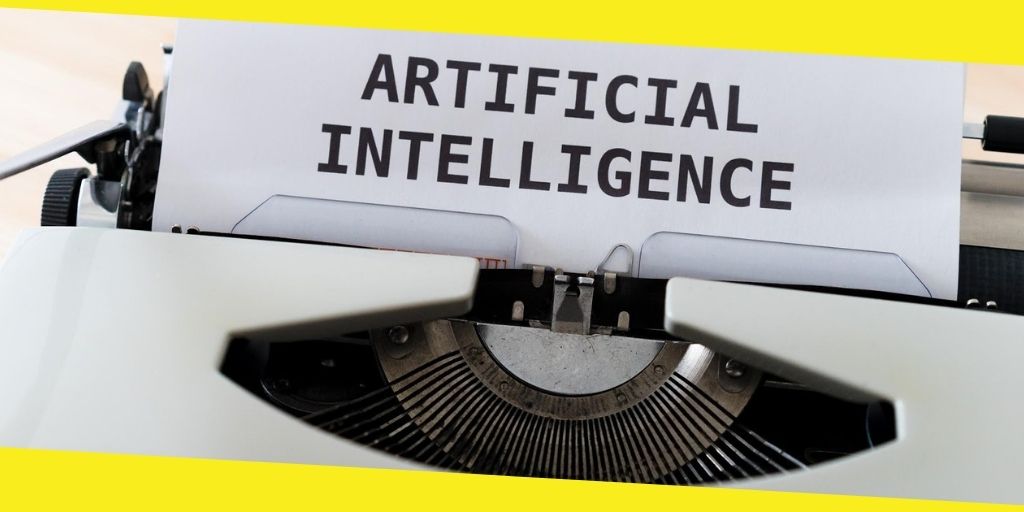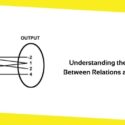What Are the Different Types of AI? What Are the Career Options in AI?
This post was last updated on December 6th, 2020
The term “Artificial Intelligence” was coined only from the last century. With the advent of computer systems and intelligent technologies, Artificial Intelligence has become quite advanced from where it started and has grown to be the most in-demand and important technology in the current day scenario. It is still going through improvements and advancements which seems to be never-ending.
Artificial Intelligence includes the below technologies or a combination of the below:
- Artificial Emotional Intelligence
- Chatbots and Personal Assistants
- Cognitive Science
- Deep Learning
- Expert systems, Supercomputer
- Humanoid Robots
- Image and Vision processing
- Machine Learning
- Natural Language Processing
- Neural Networks
- Robotic science
- Speech recognition
- Text Processing
Many small, medium and large companies are researching Artificial Intelligence and related technologies. There is a high demand for AI professionals. According to recent studies, AI will generate a lot of jobs. AI skills come under a high niche skills area attracting various talents in this field.
For more information on AI courses visit Great Learning’s website. Now, let’s take a look at the different types of AI.

What are the different types of AI?
There are 2 types of categorization and 7 types of AI.
The categorizations are type 1 and type 2 and this is based on the AI capabilities and functionalities.
Type 1 consists of:
- Narrow AI
- General AI
- Strong AI
Narrow AI
- It is the most essential form of AI. It includes even the most complicated AI that exists today.
- They have human-like capabilities and can perform tasks autonomously.
- They can only do the tasks that it is programmed to do and nothing more.
- All the reactive and limited memory system also comes under this type
- Most complex types that use Machine Learning and Deep Learning come under this type.
- This type can fail unpredictably if it goes beyond performing one specific task for which it is programmed.
- For example, Apple’s Siri which is a personal assistant comes under this type as it operates with limited functions.
- Even the supercomputer Deep Blue comes under this type as it is programmed to do one specific task such as playing chess and uses the expert systems including the Machine Learning and NLP capabilities.
- Some of the examples are playing chess, autonomous cars, purchase suggestions on the web, speech recognition and image recognition, etc.
General AI
- This type completely imitates like humans and can perceive, learn, and function just like humans.
- It develops multiple competencies, forms network connections and have generalized function capabilities without any training.
- The general AI is smarter and thinks as humans do.
- There are no systems in General AI that exist today that can perform any tasks like human
- Researchers around the world are focusing on creating machines like this.
- General AI systems are still under research and can take a lot of efforts and time to do this kind of AI
Strong AI or Super AI
- Super AI is the kind of AI that is super intelligent and can surpass humans in all the functionality.
- The key characteristics are the ability to solve a problem or puzzles, ability to think, make judgments, ability to reason, ability to learn, ability to plan and ability to communicate on its own
- There is no training required and super AI can learn by itself
- This is only in the theory and no such machines exist today
- They will outdo humans because of the large memory, faster speed in computing, faster analysis and data processing, and decision making
- They can force the scenario such as singularity
- Even though it is interesting it can threaten humans’ existence in the world.
Type 2 consists of:
- Reactive Machines
- Limited Memory
- Theory of Mind
- Self Aware AI.
Reactive systems
- These are the oldest kinds of AI.
- They function as a human in a specific task such as to respond to different kind of stimuli
- They do not have memory-based functionality
- They do not output based on previous experiences
- They can learn
- They respond to limited sets or combinations of inputs.
- Example of this type is Deep Blue Supercomputer and Google’s Alpha Go
Limited Memory
- Limited memory machines unlike Reactive systems can store limited memory for a shorter duration of time.
- They can learn from previous experiences and historical data to make decisions on their own.
- They can be trained with a large volume of data sets
- They can store a large amount of data in the memory and have references from this to output the results.
- For example, the AI-based Image recognition software can learn from large volumes of images and its labels and can take references from them to solve the identity of the new image with high accuracy
- Examples of this kind of AI are personal assistants, chatbots, autonomous cars, etc.
Theory of Mind
- Unlike reactive systems and limited memory, the theory of mind is just a concept today.
- This type does not exist and researchers are putting in efforts and time to build such a system.
- This can mimic human being in terms of emotions, needs, thinking process and beliefs
- To build this, this requires advances in all the branches of AI and complex computational technologies.
- Still, Artificial Emotional Intelligence is a growing field today and a lot of research is going on in this.
Self Aware AI
- Self Aware AI is a hypothetical concept that an AI would surpass human intelligence and respond to their learning, emotions, the existence and have their own needs
- This type can have self-awareness by itself as we humans have
- This self-aware AI can grow their understanding and awareness without any training
- Self Aware AI does not exist today but is the ultimate goal of the AI
- They can show super intelligence, have sentiments, have emotions, have consciousness and self-awareness all by themselves.
AI Career Options
AI today is a niche and growing field. According to a reputed university’s study, there is a shortage of skills in this area. There are a whole lot of positions vacant in the market. The popular job roles are as follows:
- Neural Network Engineer – Neural Network is the branch of AI which is the study of brain functions and develops AI as the human brain functions. Human brains have trillions of neurons. Researchers in this field are creating artificial neurons that function like a brain. The three layers of this are Input where the inputs for training the system is given and then the hidden layer where the processing takes place and finally the output layer where the desired output is obtained. There is a lot of growth in this field.
- Deep Learning Engineer – This job role is required to train the expert systems, robots, and other neural network systems with the help of examples similar to what we humans do. It is the emerging field and has a lot of excellent prospects available in this field for natural talents and niche skills.
- Machine learning expert – In this job role, the study is about how machine-to-machine and machine-to-human communication takes place. There are large data sets required for training the machines. These large data sets are stored in the memory and reference is taken from this for future actions. There is a lot of learning such as supervised learning, unsupervised learning, reinforced learning, and semi-supervised learning, etc. There is a constant demand for training the machines by training them with large data sets with one of these kinds of learning methodologies. Refer to our recent article for various projects in machine learning.
- Artificial Intelligence Research Consultant – This is the role in which you need to know a lot of technologies, mathematics, statistics, calculus, vectors, matrices, probabilities, algorithms, and almost all branches of AI. This is a highly preferred position in the market. The demand is very high and a lot of growth opportunities are available in this area. A lot of research positions come under this. This position requires advanced skills and so a Master’s or Ph.D. in mathematics or computer science is recommended.
- Natural Language Processing Engineer – This is the area concerning translation, speech recognition, text conversion, and character recognition, etc. You will be required to do the duty of training the expert systems with the conversion, translating and processing the spoken languages, speech recognition, and text recognition. Examples for this job profile are building and training the chatbots and personal assistants such as Siri, Cortana, Bixby, and Alexa.
- Robotics Systems Engineer – The Robotic systems engineer position is to build intelligence expert systems that mimic and look like humans. For example – Human-Robot in the market such as Sophia and building Mars rover. This requires advanced study in AI, Mechatronics, and Mechanical Engineering with skills in software programming, machine kinematics, and dynamics, etc. Here also the desired qualification is Masters or Ph.D. in Mechanical Engineering or Computer Science.
Future of Artificial Intelligence
AI is a growing field, if you are a beginner or programmer and aiming for a career transition in the field of AI, then Great Learning, one of India’s largest online education providers, offers many online courses which you can consider. We recommend that you enrol in Great Learning’s PGP in Artificial Intelligence and Machine Learning course to improve your knowledge that will help you build a career in Artificial Intelligence.
Recommended For You
Top 7 Universities to Study in Hong Kong
Most Inside
Most Inside offers high-quality recommendations and valuable updates to enhance all aspects of your life, providing premium guidance and enriching experiences.




